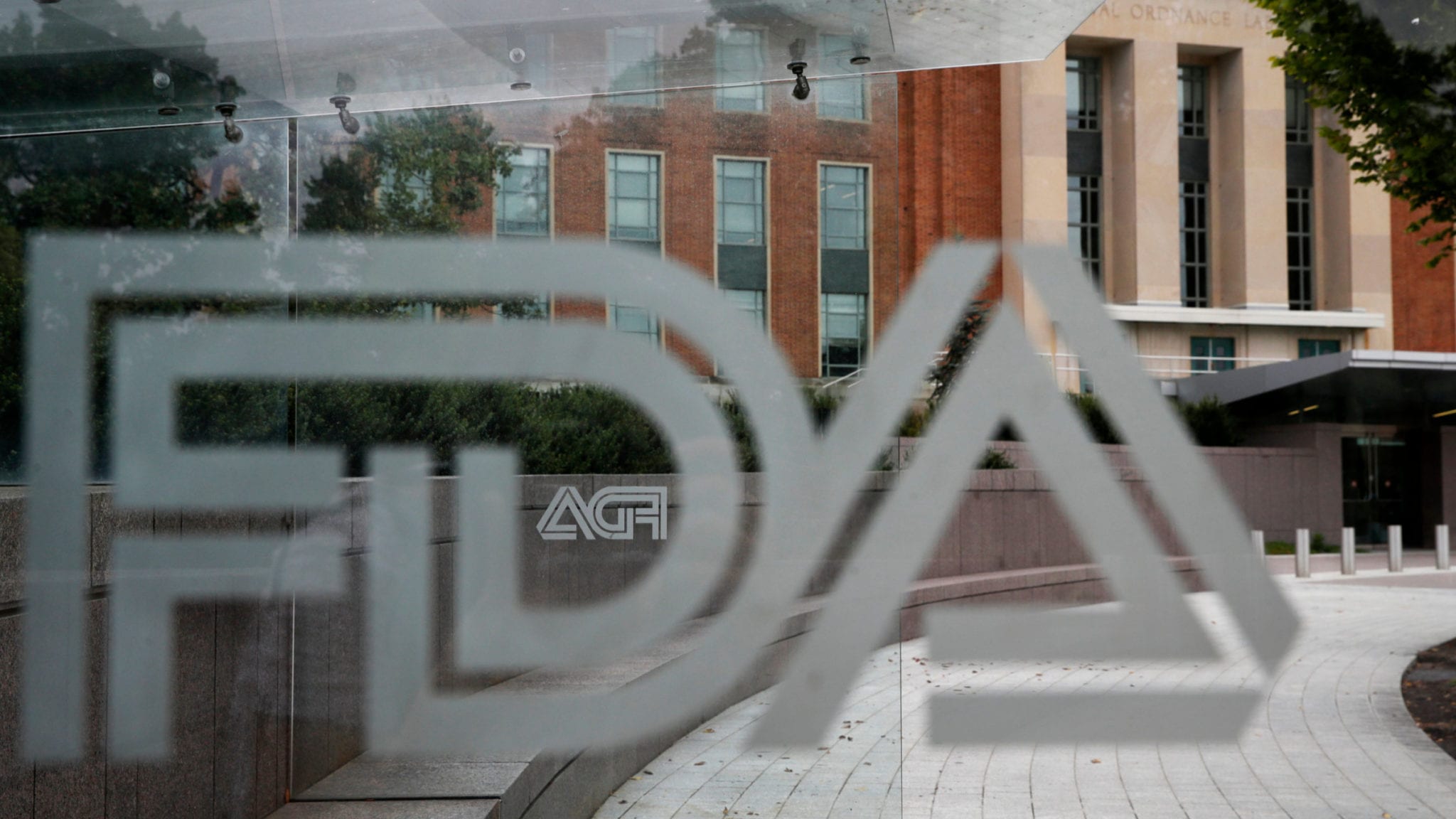
FDA slams GSK's monthly HIV injectable with CRL, citing manufacturing issues
HIV patients will have to wait a while longer for a long-acting viral suppression regimen as the FDA has rejected ViiV Healthcare’s NDA for the monthly injection of cabotegravir and rilpivirine.
Regulators handed the GSK subsidiary a complete response letter days before the original PDUFA date on December 29. While ViiV had been expecting a smooth sail to the finish line based on glowing clinical results, the CRL cited concerns with chemistry manufacturing and controls.
Unlock this article instantly by becoming a free subscriber.
You’ll get access to free articles each month, plus you can customize what newsletters get delivered to your inbox each week, including breaking news.